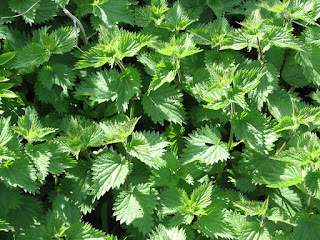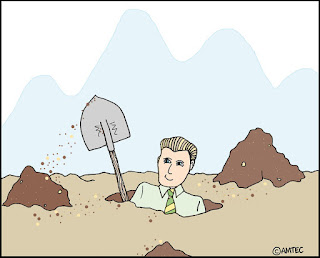Examples
“They have failed to grasp the nettle of reorientating the system towards climate realities.”
“With the support and backing of Woodgate and his coaches, Fletcher has now grasped the nettle.”
“Parliament and party leaders on all sides must now grasp the nettle.”
This phrase relates to a proverb dating back to the 16th century but is quoted as follows in the play “Juno and the Paycock” by Seán O’Casey (first performed in 1924):
“If you gently touch a nettle it’ll sting you for your pains; grasp it like a lad of mettle, an’ as soft as silk remains.” [1,2]
In other words, a nettle will sting you if you touch it lightly, but not if you grasp it firmly.
An early use of the word nettle to denote a problem is recorded in Shakespeare’s play, Henry IV, part I:
“but I tell you, my lord fool, out of this nettle, danger, we pluck this flower, safety.” [3]
[1] “grasp” In Oxford Dictionary of English Idioms, edited by Ayto, John, Oxford University Press, 2009.
[2] “If you gently touch a nettle it’ll sting you for your pains; grasp it like a lad of mettle, an’ as soft as silk remains.” in The Oxford Dictionary of Proverbs, edited by Simpson, John, and Jennifer Speake, Oxford University Press, 2008.
[3] Shakespeare, William. King Henry IV, Part 1 (p. 16). Kindle Edition.
Photo credit: Alison Oddy (Creative Commons)
Updated Tuesday 10 March 2020







.jpg/220px-Aspergillus_oryzae_(%E9%BA%B9).jpg)
